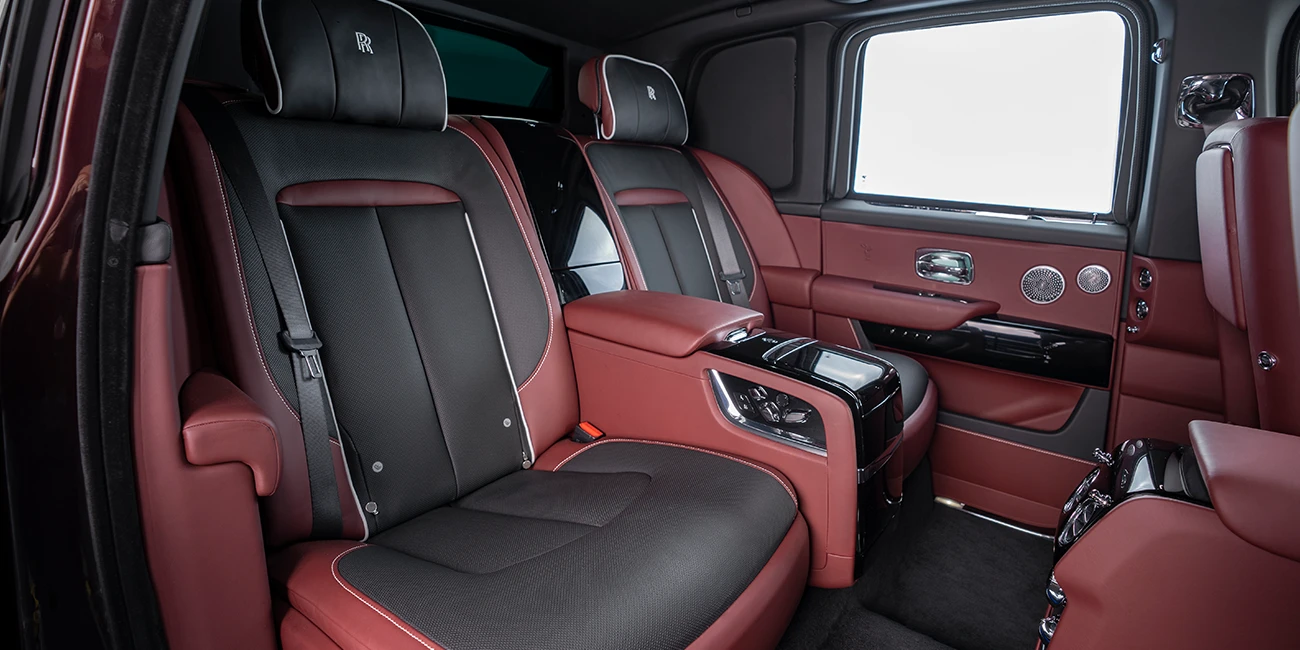Did you know that there are over 100,000 civilian-driven armored vehicles currently on the road around the world? That’s a large number of secure vehicles that, at first glance, look quite similar to the other cars driving down the highway. Over the past 20 years, armored vehicles have evolved significantly, moving away from their traditional tank-like military appearance to everyday vehicles, including electric and family-friendly cars.
While some armored vehicles are meant to stand out, like police cruisers or military-based vehicles, many are meant to remain as discreet as possible. So how can you tell if you’re looking at a bulletproof vehicle?
A Heavy-Duty Steel Frame
The first thing added to the frame of a Miami Armored® car is ballistic-grade steel. This makes the body of an armored vehicle vastly different from that of a regular car. The entire frame is covered in tempered steel and applied to the frame like a jigsaw puzzle, with no gaps remaining. This way, remodeled vehicles can keep their shape while gaining a higher level of security.
Ballistic Glass
All the glass in an armored vehicle is slightly different from a typical car off the lot. The windows are made up of a mix of leaded glass and a polycarbonate substrate. This allows the windows, windshield, and rear window to absorb energy from assaults without breaking. The glass is often one to three inches thick and must be completely reinstalled.
Rebuilt Mechanics
Due to the added weight of steel and glass, a bullet-proof vehicle will often have modified brakes, suspension, and engine components in order to haul the armor. These changes also mean a newly armored vehicle will feel different to drive once it has been fully outfitted.
Robust Bumpers And Tires
Bumpers on armored vehicles are expected to run through just about anything. In the case of a dangerous event, such vehicles are meant to get all passengers to safety. This includes bumpers that can withstand repeated impacts and tires that can maintain their function even when punctured.
New technologies will soon allow armored vehicles to become more transparent and less heavy-duty in the future—all while improving upon the security these vehicles offer today. Ballistic glass is already becoming lighter and more powerful. The development of self-inflating tires and improved car design will all make it nearly impossible to tell a regular vehicle from a bulletproof vehicle in the near future.
So next time you find yourself on the road wondering whether the vehicle next to you is armored or not, remember to check for the tell-tale signs (when possible). Chances are, you’ve shared the road with many more armored vehicles than you think.
